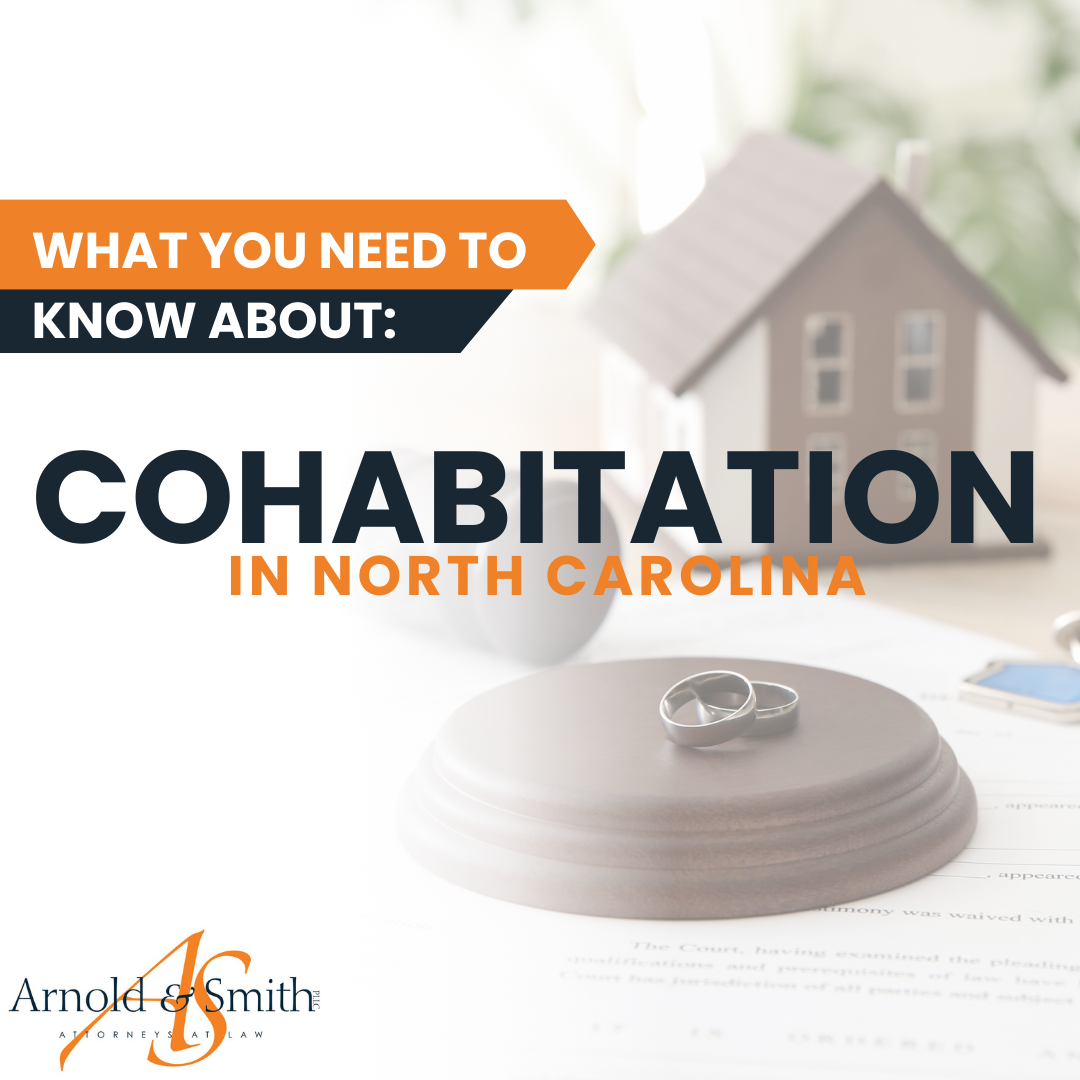 What Questions Should I Ask a Divorce Attorney?
What Questions Should I Ask a Divorce Attorney?
When you and your spouse have decided to end your marriage, you will need to start the divorce process. North Carolina has specific rules that you must follow when you seek a legal separation or divorce. One of the first steps you will want to take is to hire an attorney to handle the legal details and guide you through the North Carolina divorce process. While it is not mandatory to have an attorney, it often makes divorce easier and less stressful.
Before you hire an attorney it is a good idea to have an initial consultation. You can often accomplish this through a video call or in person. The purpose of the consultation is to learn more about the attorney and to find out some of the basic issues that will be present in your divorce proceedings.
 Charlotte Divorce Lawyer Blog
Charlotte Divorce Lawyer Blog




